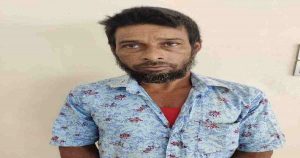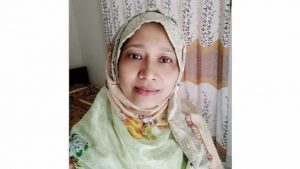A four-member European Parliamentary delegation in a statement on Wednesday expressed its concern over ‘political deadlock’ in Bangladesh.
The members also called for ‘full investigations’ of the ‘disruption’ of local government polls and “a reinforcement of the independence of the Election Commission”, to which the EU contributed 10 million Euros over the past few years.
Led by Jean Lambert, chairperson of the delegation for relations with South Asia, the delegation left Dhaka on Wednesday morning after a two-day visit.The European delegation in Bangladesh released the statement after their departure.
According to the statement, the MPs raised their concern about political deadlock during their meetings with Prime Minister Sheikh Hasina and BNP Chairperson Khaleda Zia.
During the meetings, the delegation expressed “its concern about the current situation resulting from the January 2014 elections and the reported incidents of violence and vote rigging in the current local elections”.
The EU after the controversial Jan 5 elections had said it did not find the poll credible as more than half of the seats returned winners uncontested with BNP and its allies boycotting the poll.
In the statement the delegation emphasised that “the two parties should engage in a dialogue”.
“Both share the responsibility for finding a way forward which would give the Bangladeshi people a chance to express their democratic choice in a fully representative way,” the statement added.
Lambert wished all Bangladeshis on the eve of the Independence Day and expressed her “‘confidence that the country would overcome its current crisis and pursue its development as a democratic, secular and tolerant State”.
The delegation also called upon the government “to ensure space for the civil society and maintain freedom of expression, notably by amending the Information and Communication Technology Act, which it is feared could lead to the arbitrary criminalization of citizens”.
Concerned by reports of attacks on minorities, extra-judicial killings and forced disappearances, the MPs urged the government “to fully investigate these reports”.
They also called upon the government to “effectively” implement its ‘zero-tolerance’ policy on police abuse and send an invitation to the UN Special Rapporteurs on Torture and on Extra-judicial Executions.
During their meeting with Foreign Minister AH Mahmood Ali, they discussed the new Bangladeshi efforts to address the plight of Rohingya refugees fleeing persecution in Myanmar.
They stressed the need for the new government “to keep a strong humanitarian focus and preserve access to the international agencies and NGOs assisting the refugees and host communities”.
The delegation “welcomed the steady and multi-faceted improvement of the relationship with India, including the considerable reduction of border killings”.
It also expressed its appreciation for the long-standing cooperation between the EU and Bangladesh in international fora on global issues such as poverty reduction, climate change and gender equality. – bdnews24.com




